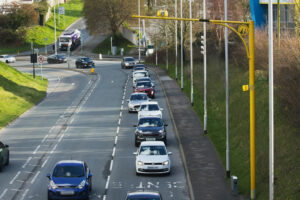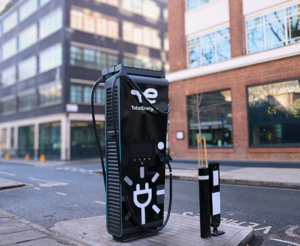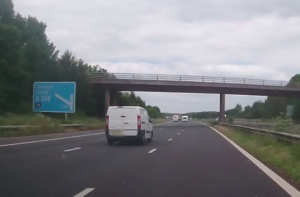The former Transport Minister and now leading consultant Steve Norris says reported changes to charging for road use can’t come soon enough.
It’s understood the Chancellor, Rishi Sunak, is looking at a form of road user charging to replace the £40 billion in fuel tax revenue – something that will become essential if the Government does, as expected, announce it is pushing forward the date for banning petrol and diesel-powered vehicle sales to 2030.
“You can’t tax for charging a car in the way that you can tax fossil fuel, because you can’t identify electricity being used for transport in the way you can identify the use of fuel,” Norris told Highways News. “So to plug the gap in tax income, you have to think about road user charging as the alternative.
“I think that’s where a lot of attention in Intelligent Transport Systems will be paid over the next generation as people come up with workable ways of actually being able to track movement in cities.”
But Norris, who is President of ITS (UK) says there is much more to road user charging than simply replacing income that will be lost from fossil fuel tax, because it can be used to better manage travel demand.
“You have the nudge elements of road user charging, which are not present in terms of fossil fuel taxation,” he continued. “Fossil fuel taxation does mean that people who travel longer distances in larger cars pay substantially more than people who do less distance and small cars, that’s true. But the great thing about road user charging is that you can actually nudge people’s behaviour by, for example, using variable charging by time of day, and by type of road. That’s something that it isn’t possible to do with fossil fuel charging, but it is possible once you’ve got people paying for being on a particular road at a particular time.
“So I could say to people, when you transfer from paying, 60% of the price of your fuel to the government in tax to paying so much per mile, just remember that actually if you travelled earlier than you might be doing at the moment, you could travel cheaper. Or if you use this road rather than that road, it might take you three minutes longer, but it’s going to cost you a quid a day less. With that sort of pricing, you can get genuine nudge behaviours in a way that everybody’s going to find very appealing.”
It’s understood that a Treasury report on road pricing has been presented to the Chancellor.
























